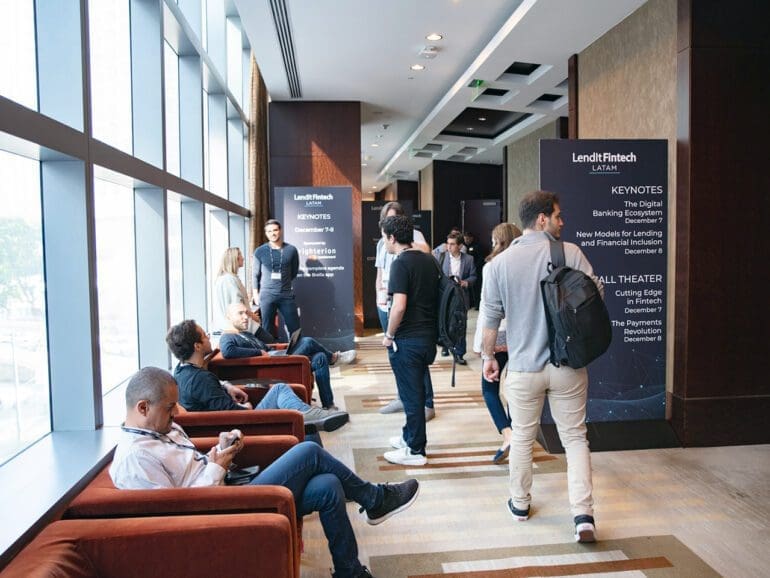After exactly two years since the last in-person event, Bo Brustkern and Peter Renton took to the LendIt keynote stage to welcome hundreds of Latin American fintech and financial services executives.
“I don’t think there’s been a region, anywhere in the world, that has seen the growth that Latin America’s had in the past 12 months,” Renton said as he and Bustkern welcomed visitors to the packed keynote presentation hall in the JW Marriot Marquis.
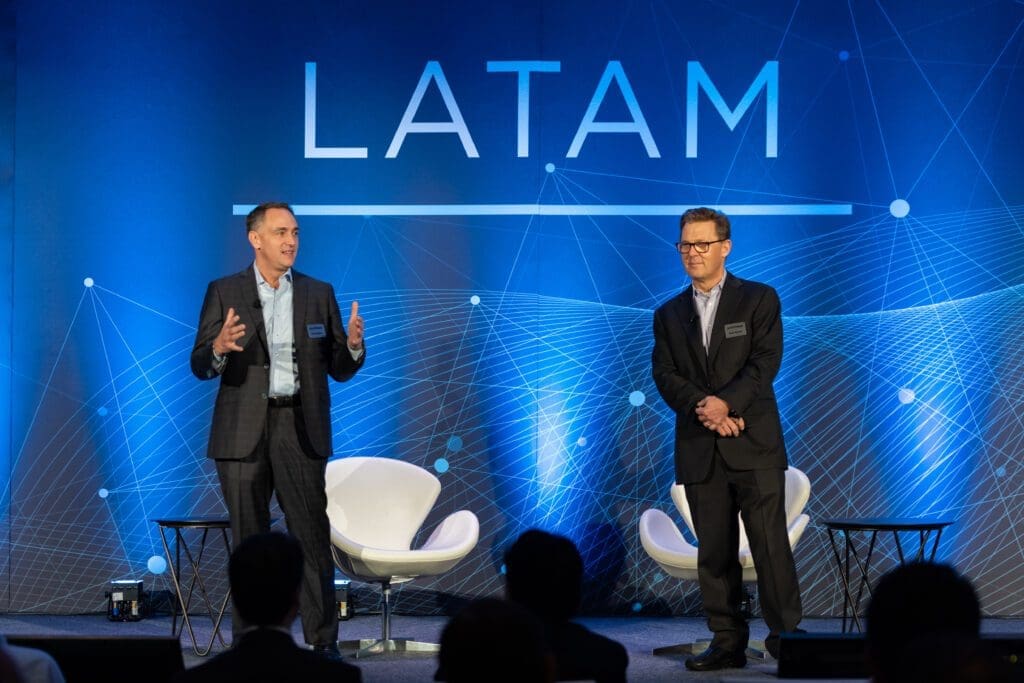
A long time coming
After two years of virtual waiting and zoom calls, two years of quarantine lockdowns, the LatAm fintech community was back. Brustkern said that it was two years to the day since LendIt Latam was together in 2019, in the same keynote room.
“We are here to share your stories from the past two years and your hopes for the years ahead,” Brustkern said.
“You are, in fact, making a huge impact, and we believe you are making a material impact on the fabric of society.”
Despite the uncertainty and challenges of navigating a covid world, hundreds had come to set up shop in a city that has quickly become a fintech hub.
Brustkern made sure to mention as part of ensuring the comfort and safety of conference-goers, LendIt invested in hospital-grade air filtration systems spread throughout the conference and hotel.
“It’s possibly the best air you’ll be breathing all year,” Brustkern said.
With that, the event began, and for two days, it was almost as if the virus had never happened.
We are back
Ticket holders were visiting or tuning in live from every continent besides Australia, representing more than 30 countries from Egypt and Japan.
Most of the guests were energetic South and Central American fintech entrepreneurs from Miami, Mexico, and Brazil, ready to mix with the industry’s best and brightest after a long wait.

Before Renton and Brustkern took the stage to introduce the keynotes, guests were welcomed 12 hours before in the typical Miami way: through free drinks sponsored by Afluenta and Winston & Strawn.
On opening night, LendIt hosted a welcome party at the rooftop terrace of Area 31, across the street from the conference, overlooking the Miami River.
For the Manhattan, Atlanta, and Colorado-based LendIt crew members, the fresh humidity and open bar were enough to rewind months of chills. The enthusiasm was palpable. A current of electricity ran through the balmy air as sponsor booths and networking tables went up across the way.
The following day, on launch day as the keynotes began, so did over 2,000 one-on-one networking meetings. Even while Credijusto CEO David Poritz faced a wave of questions on stage, the exhibit hall was packed with activity.
It wasn’t all peaches, panels, and handshakes, though: private luncheons sponsored by Techreo and Provenir gave ticket holders seats at the table with industry insiders.
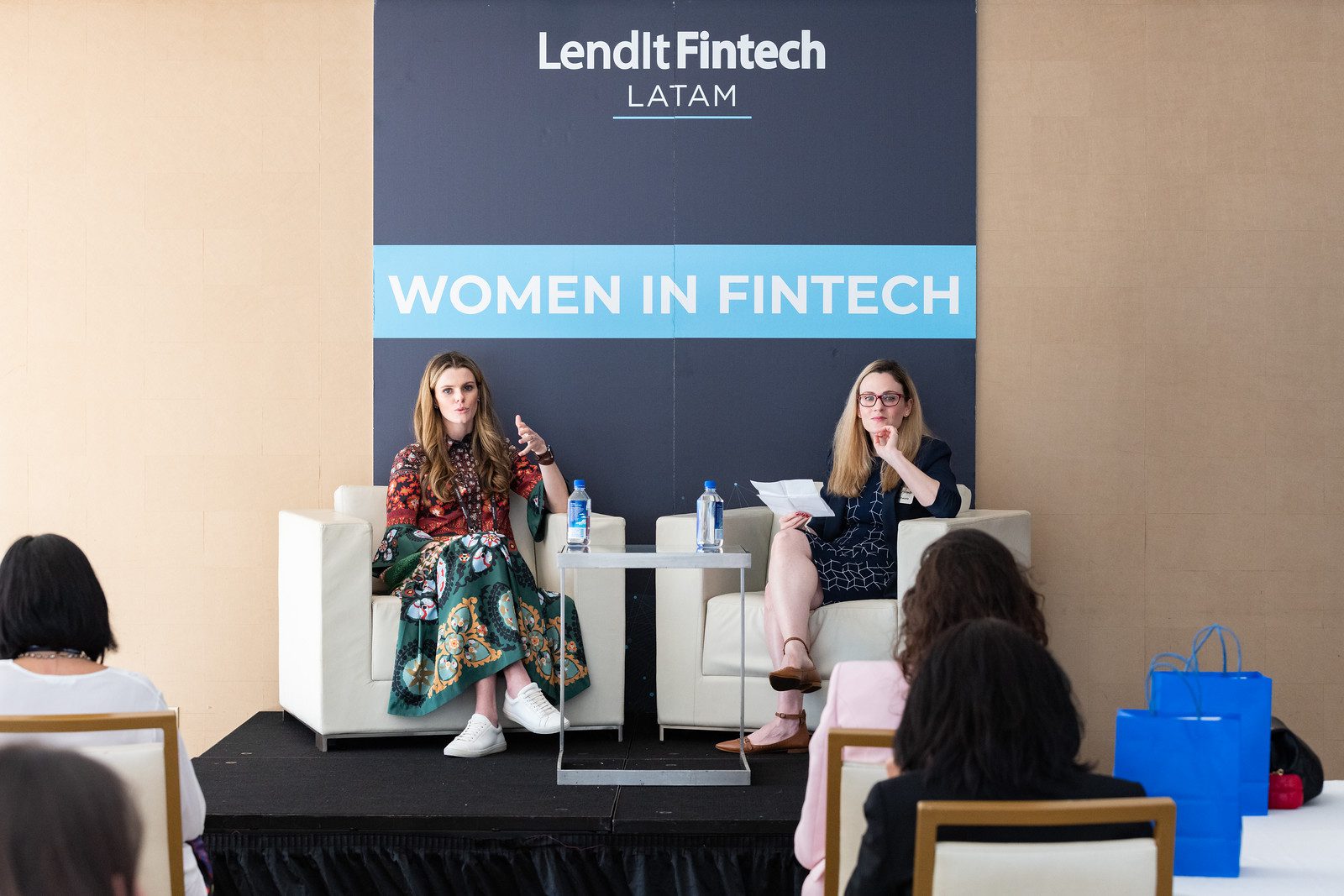
Special luncheon
In addition, a special luncheon for Women in Fintech was so popular a dozen extra chairs were called for to squeeze around packed tables of female fintech entrepreneurs.
On the first night, LendIt welcomed guests to a Sunset Social open bar at the nearby SLS Brickell poolside, sponsored by Chubb and Tribal Credit. As a sunglasses-wearing saxophone player blasted alongside a violin and percussion
By the end of the second day, the remaining conference guests enjoyed a final open bar for a happy hour on the networking floor before the event ended.
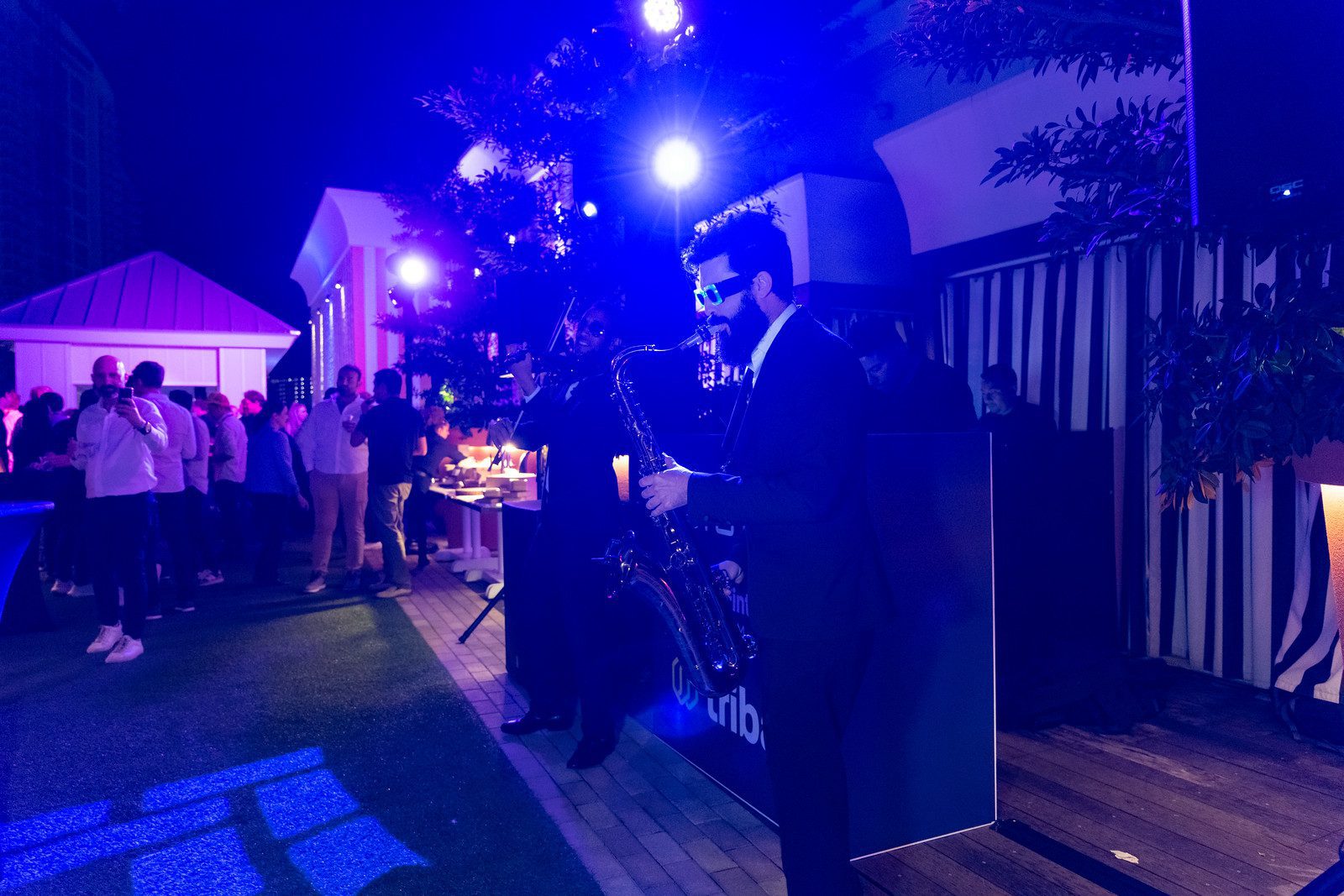
The takeaways
In the afternoon on both days, a long list of panelists and guests took to the stage for fireside chats. It was clear that cryptocurrency, buy now, pay later, and financial infrastructure products were the talk of the show on both days.
On day two, during a virtual appearance on the keynote stage, Angela Strange, a frequently quoted partner from the venture capital giant Andreessen Horowitz, said that infrastructure was where her attention was focused in Latam. “Infrastructure, the more boring your business, the more excited I am,” Strange said.
In the past two years, open banking has become the catch-all term for building fintech infrastructure. On day one, a popular open banking panel saw Ximena Alemen, Co-Founder and CEO of Promeeo, describing the unique challenges to open banking in Lat Am. Compared to markets like Europe, where regulation connects the financial data between more than twenty counties. Though she said infrastructure is fast to develop, and that’s something Lat Am does well,
“Not five years ago, the infrastructure we were talking about was ATMs,” she said, and today it’s bank account data, like Brazil’s top-of-the-line Pix instant payments system that surpasses regulations in the US.
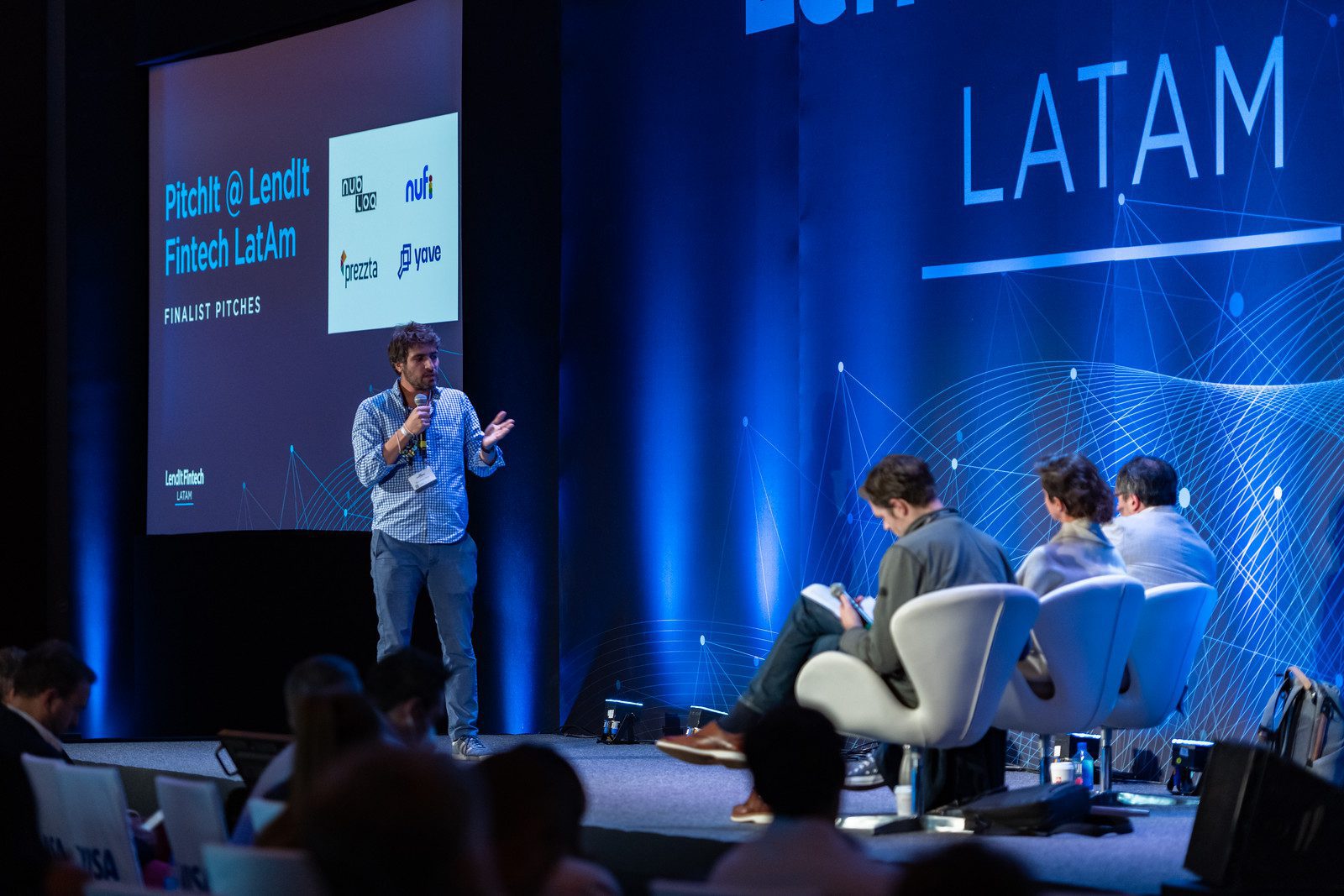
Another key metric to Lat Am fintech addresses is access and inequality. Despite the successes of modern financial tech in Latin America, marked by the public offering for Brazil’s Nubank that went live while the LatAm conference was underway, access to financial resources is still scarce.
As Norman Muller, founder and CEO from Fondeadora, said, “I try to be as clear as I can: we need water to survive, and we need access to money and to an economy to thrive.”
Day two also saw the PitchIt Startup competition, pitting Latin American startups head to head in front of three venture capital judges. Mexican mortgage fintech Yave ended up with the gold prize, setting up a direct stab at a mortgage market 98% controlled by traditional finance and the government.
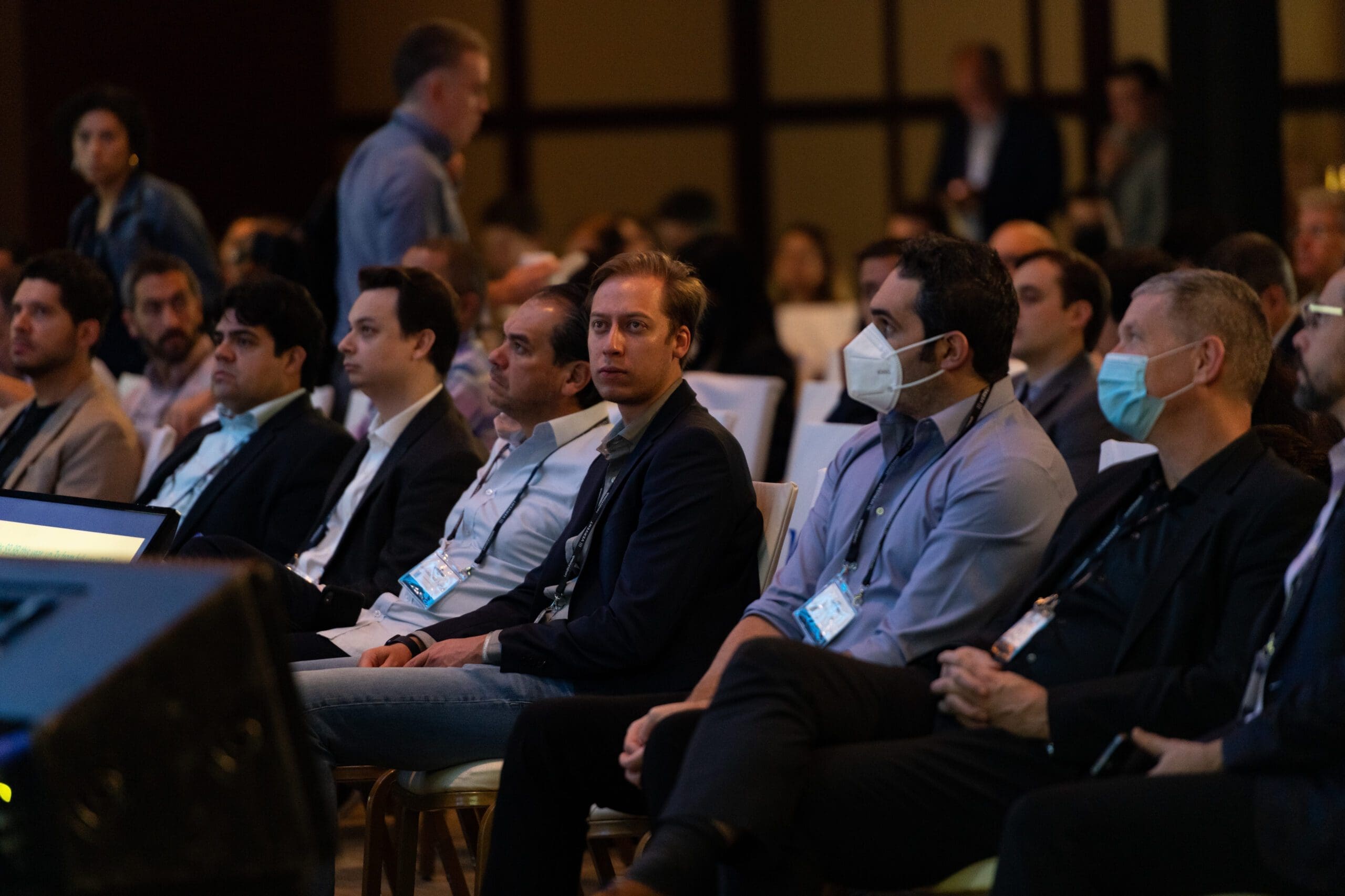
In the end
The Lat Am event felt like almost returning to normal. While hundreds met and shook hands, connecting with venture capitalists, fundraisers, perspective partners, and old friends, it was as if the past two years of the pandemic had never happened.
Yet, at the same time, much has changed: some LatAm guests wore masks as they met, the hotel posted vaccination site locations, and the whir of air filters could be heard in between speakers.
Covid brought precautions and change, but not all of it was bad. It is safe to say the entire crowd was eagerly awaiting the pricing of Nubank’s IPO on the New York Stock Exchange, a talisman of the whole Latin American fintech community that has come so far even since LendIt LatAm 2019.
In 2019, NuBank had 8 million users and raised a valuation of about $10 billion — a measly showing compared to the dramatic $40+ billion valuation it boasted at open and 48+ million customers. Its change in size reflects a growing avalanche of restless innovation in the Latin American fintech space, launched into free fall due in significant part to the restrictions brought on by the pandemic. The new rush of fintechs in LatAm, representative of the global fintech boom, was about to see a first significant test.
As Sergio Furio, Founder and CEO of the Brazilian Loan fintech Creditas said at the first speech on the keynote stage to open the conference,
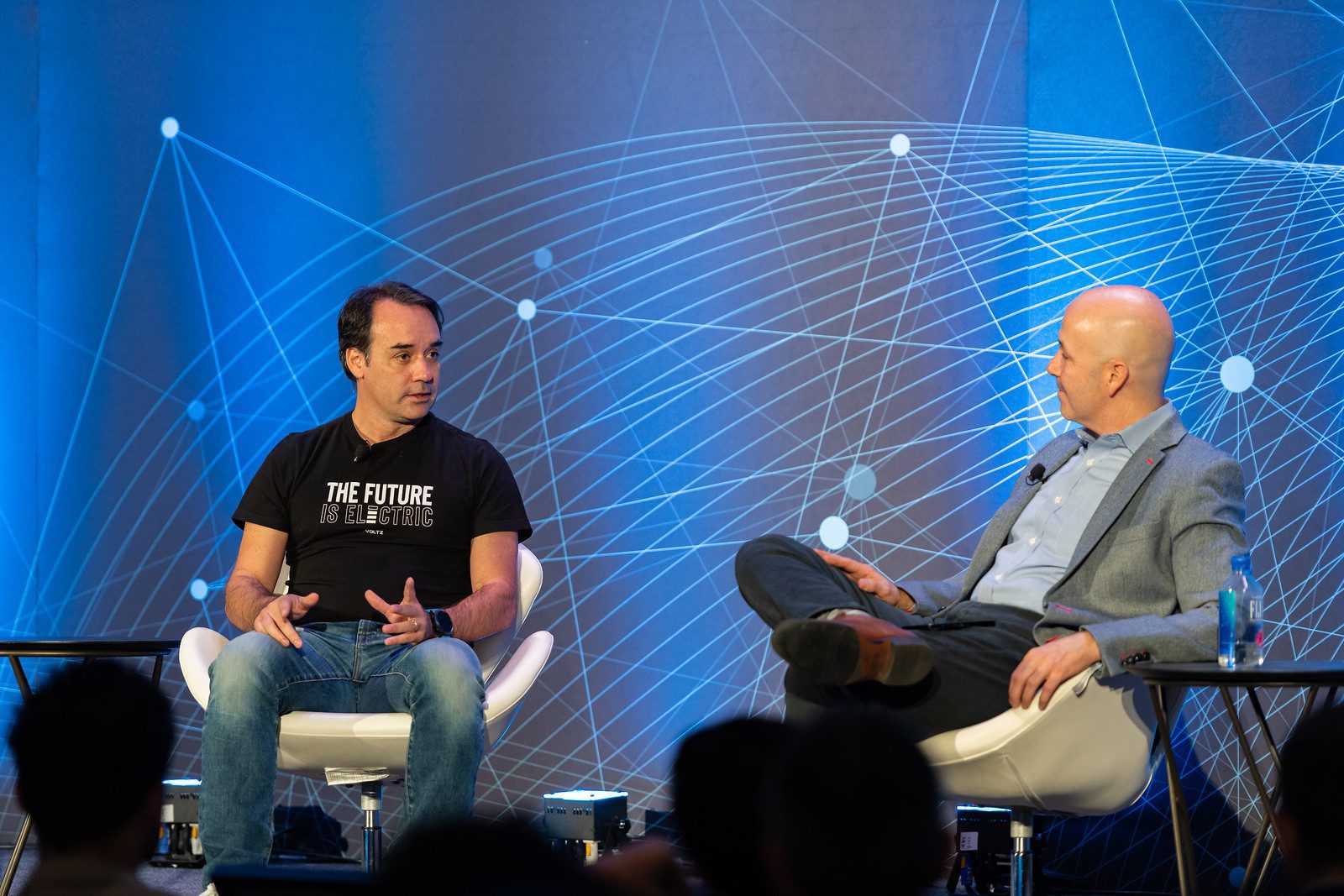
“All of us have candles in our house, praying to god that the Nubank IPO goes well. Nubank represents a combination of everything happening in Lat Am in the past 10 years. Nine and a half years ago, when I arrived in San Paolo, there was no ecosystem. It was prehistoric.”
On Thursday, the LendIt fintech team closed up shop and waved the Latin Americans goodbye, and the Nu Holdings stock went live. It quickly shot up past its priced valuation to more than $51 billion at $11/share. The price has since returned down to the adjusted valuation of around $41 billion. Still, the sentiment remains: Nu is one of the most valued financial institutions globally and only the first of many Latin American fintech powerhouses soon to come.
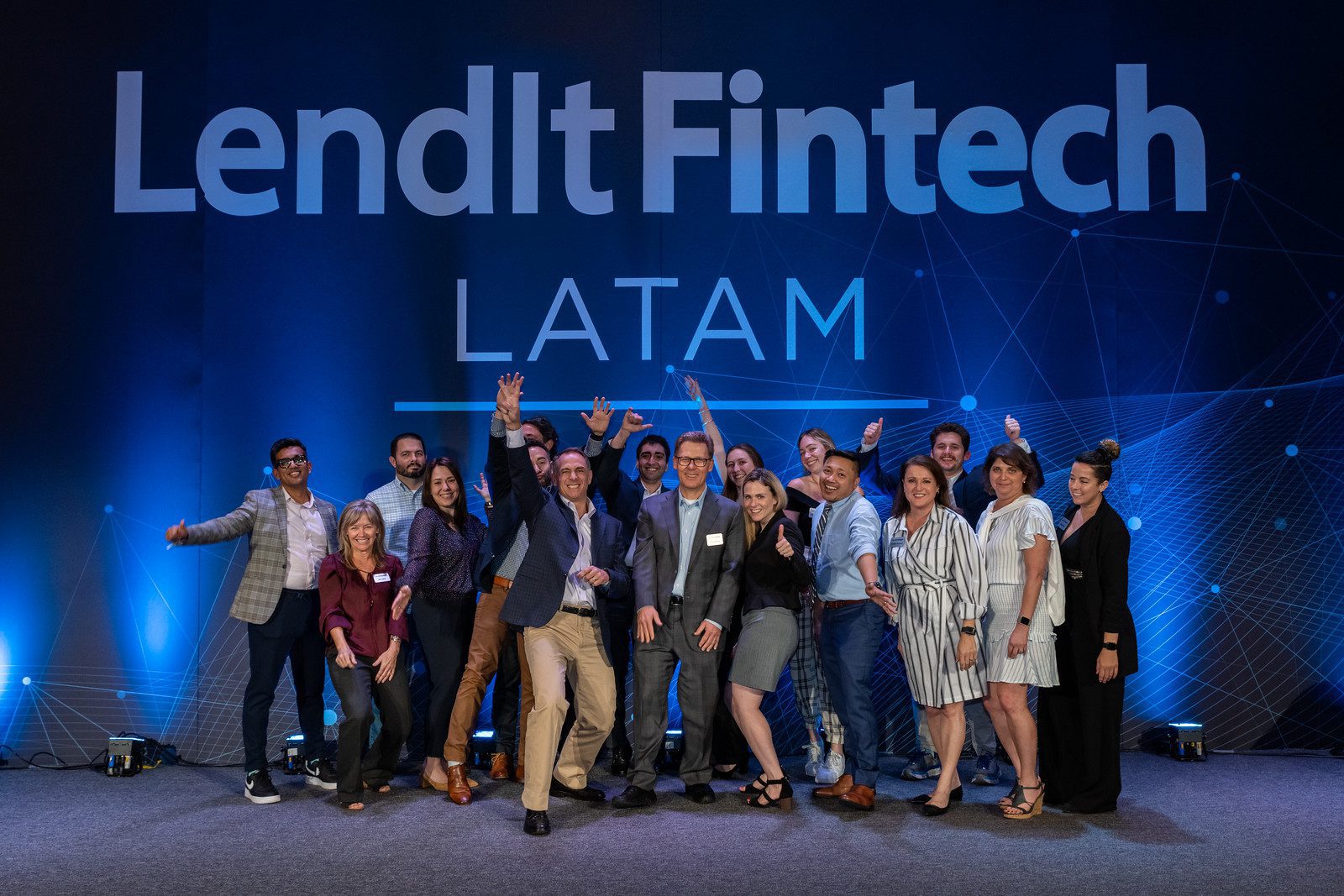
Join LendIt fintech for Nexus, our next in person event, February 7-8th 2022. A networking and deal-making only conference in South Beach Miami.


